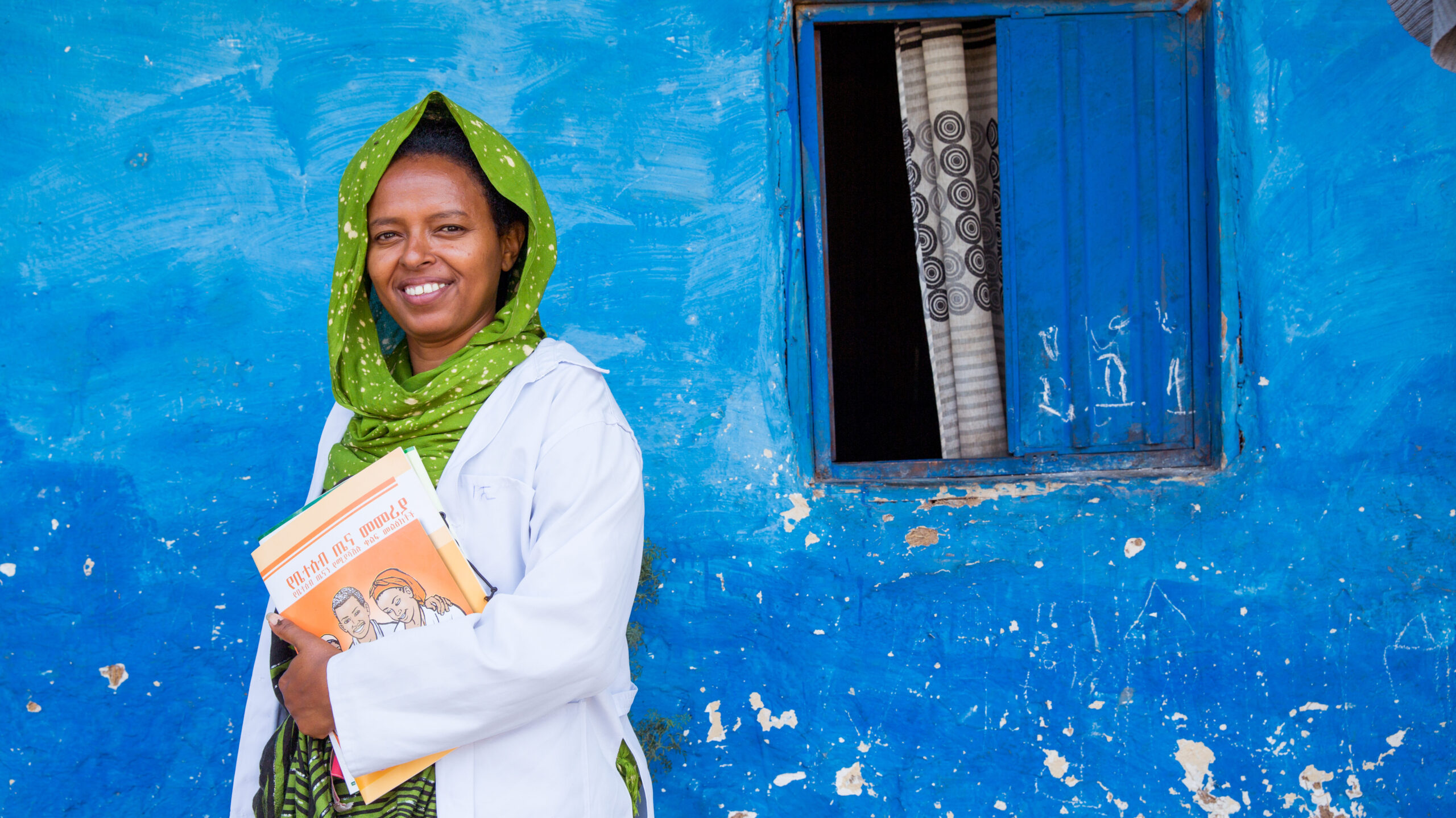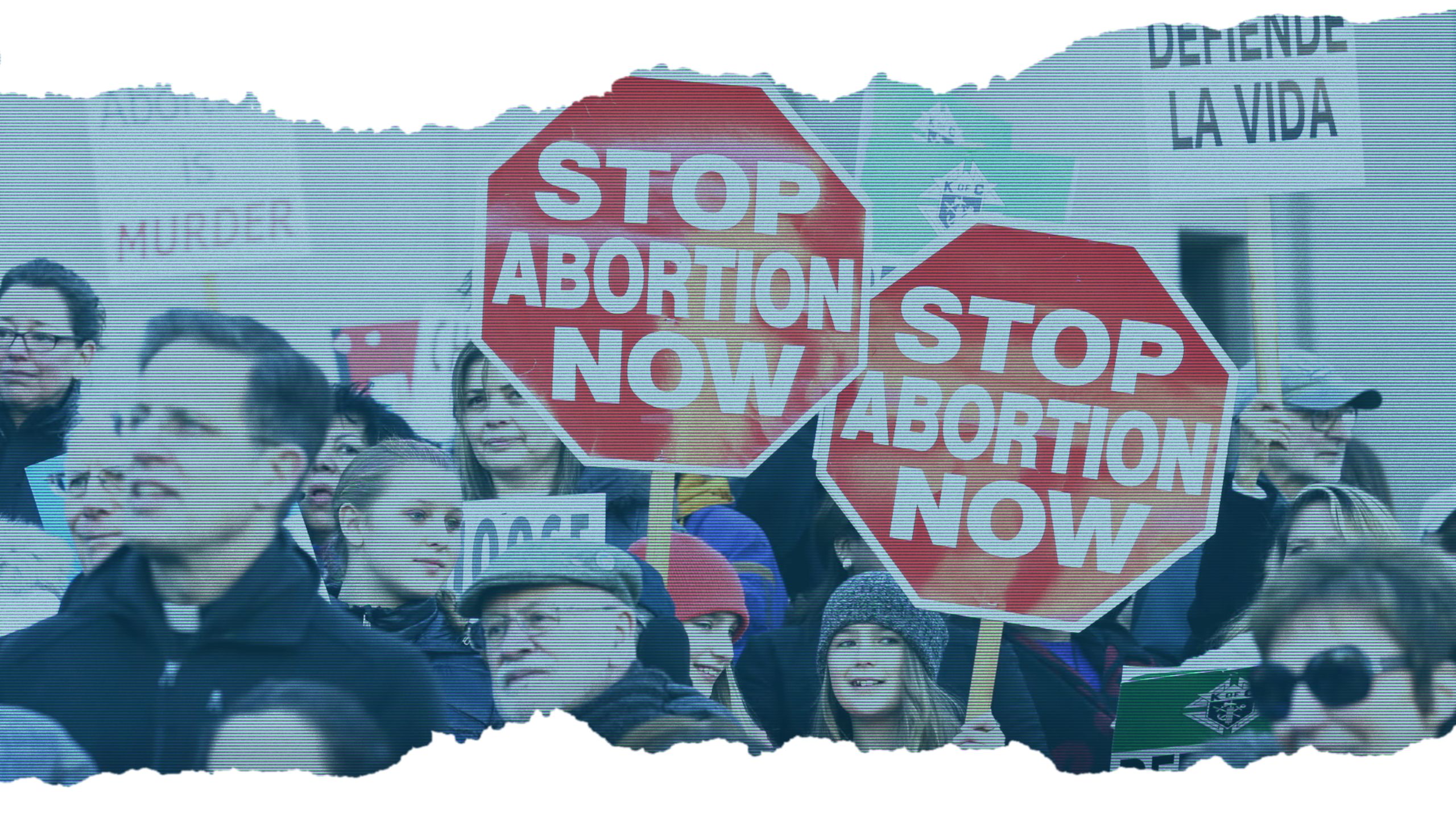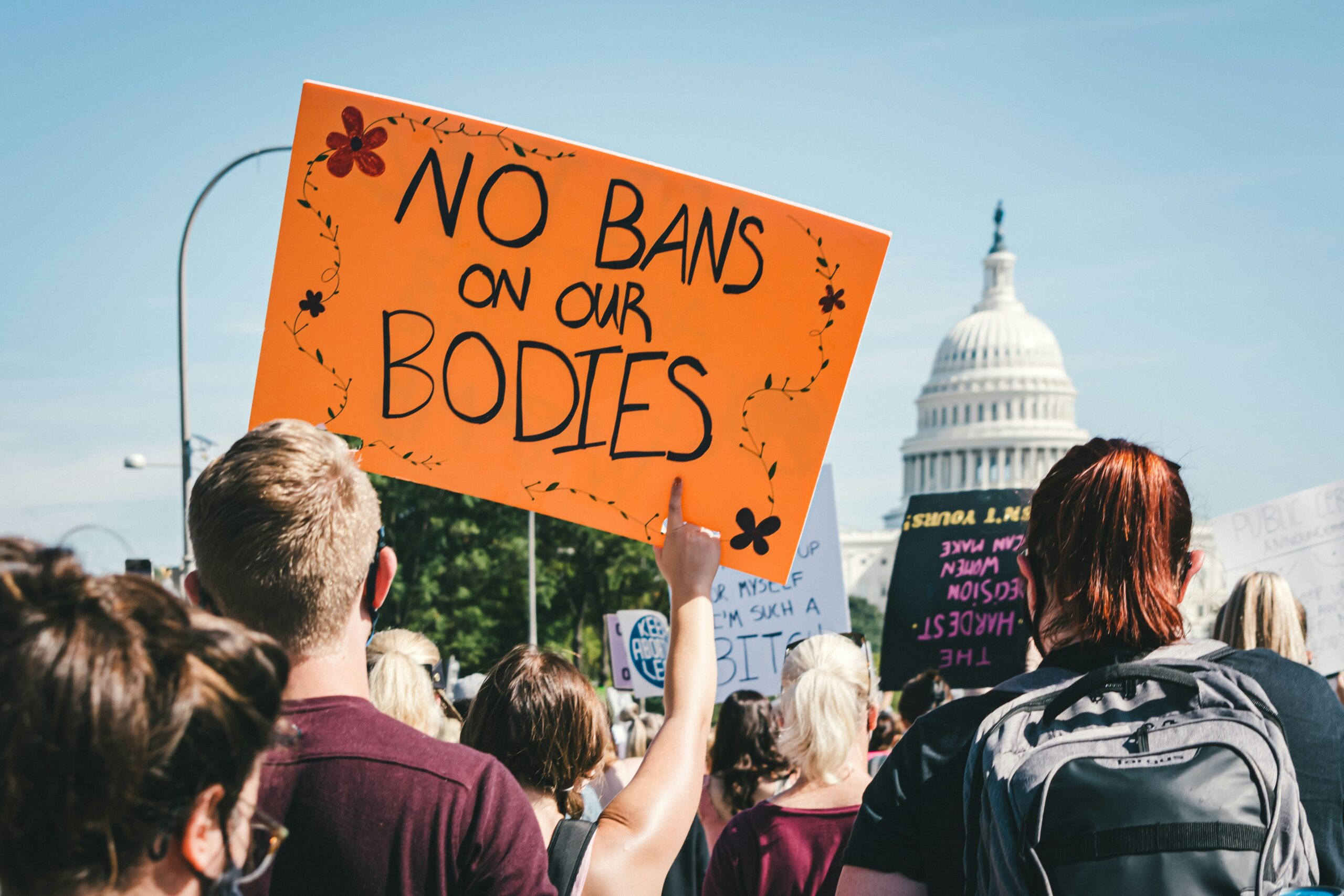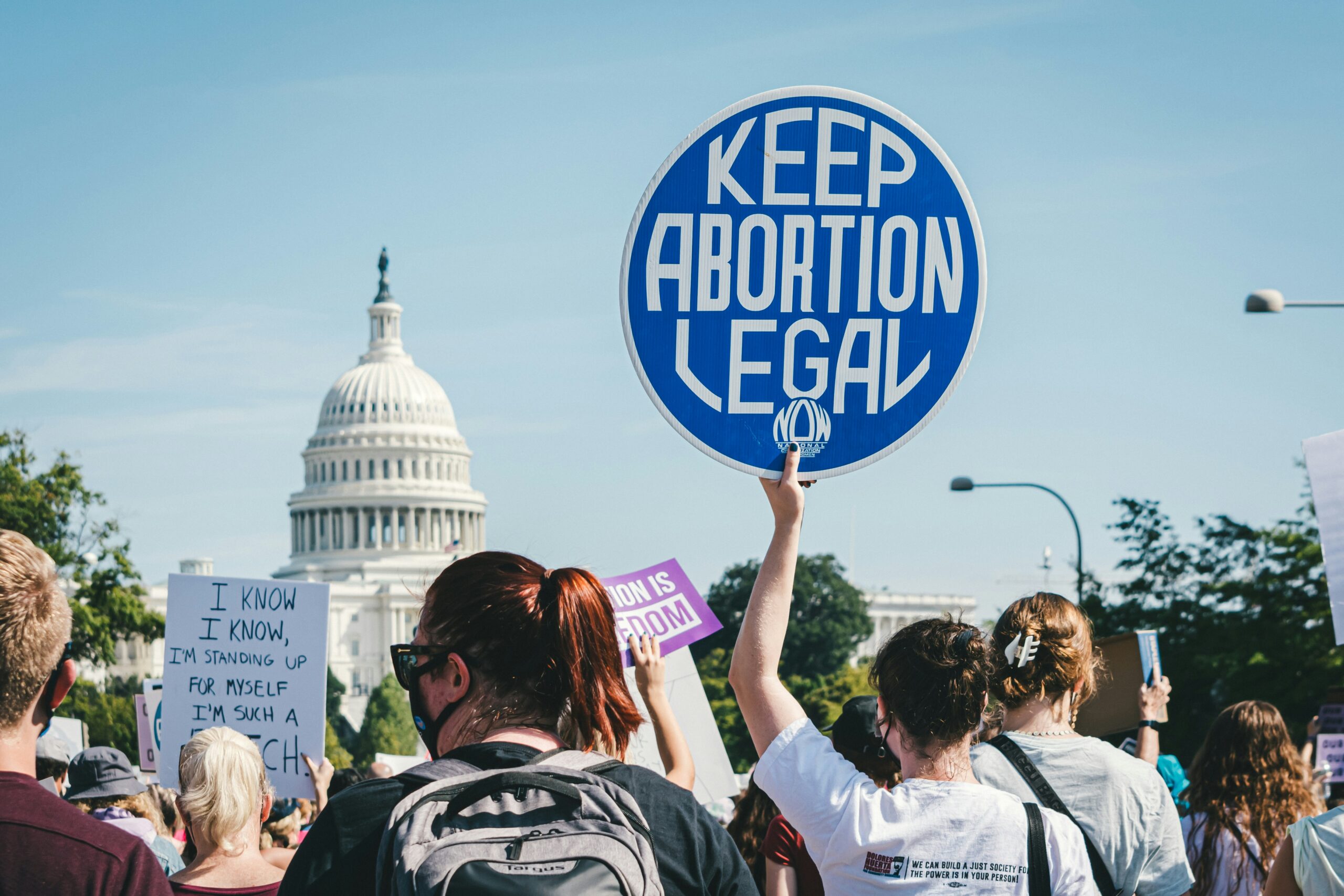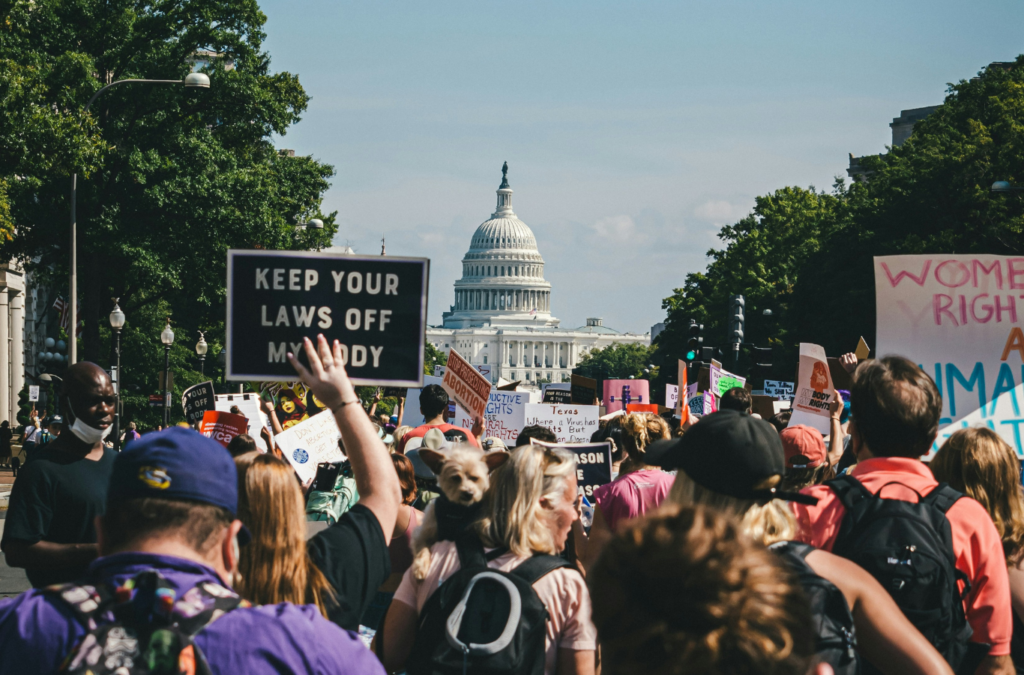
Three years since Roe v Wade was overturned, the global effects ripple far beyond US borders, altering access to reproductive choice around the world.
On 24 June 2022, the Supreme Court overturned Roe v Wade, removing the right to abortion in the US. A right to healthcare that women believed they could rely on was suddenly stripped away from them.
Abortion is now highly restricted in 17 US states.
Anti-rights groups are even expanding their attempts to restrict the sexual and reproductive rights of those living in the US. From attempting to prevent the use of vital abortion medication, mifepristone, to the removal of life-saving care for women in emergency situations, the anti-rights movement is trying to pick away at abortion rights in the US in a terrifying way.
Most recently, the US government has spread dangerous misinformation by claiming that some forms of contraception are ‘abortifacient’, which we have challenged.
And three years on from the Supreme Court decision, women and girls around the world are suffering at the hands of an emboldened global anti-rights movement. Read on to learn more about the global effects of Roe v Wade being overturned.
In the UK
The effects of Roe v Wade being overturned are increasingly seen in the UK. We saw a significant increase in the number of anti-rights protestors harassing women attending our clinics. Team members were called “murderers” as they came into work, those attending clinics have been handed plastic foetuses as they enter, and protestors have been known to physically block people’s entrance to abortion centres.
Every day our team members saw women affected by this activity. Sometimes they even came into our clinic in floods of tears.
Thankfully safe access zones, which MSI campaigned to secure, now prevent this kind of harassment outside our clinics.
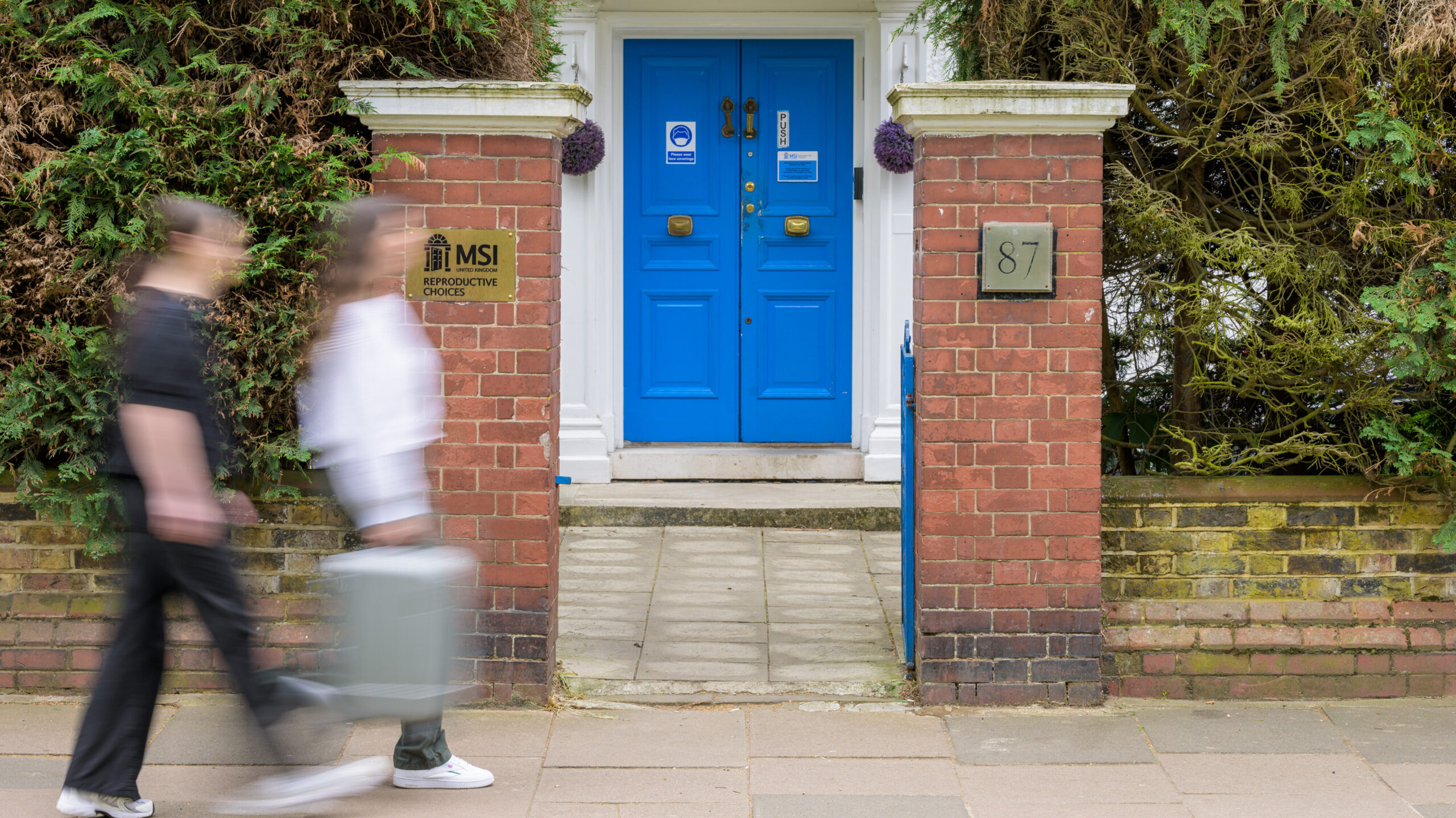
Anti-rights groups are spending huge amounts of money to restrict abortion laws in the UK.
The UK branch of the US-based right-wing Christian lobby group, Alliance Defending Freedom, which wants abortion to be banned, has more than doubled its spending since 2020. They reportedly spent almost £1 million with the aim of influencing UK MPs on a historic vote on abortion law reform.
Along with campaigning for women to continue being criminalised, anti-rights campaigners have also been fighting to roll back the legal time limit for abortion and ban the provision of abortion pills via telephone consultation.
In countries in Africa
One of the main effects of Roe v Wade being overturned means that anti-rights groups globally have become more organised, sophisticated and well-funded by their US counterparts, including in countries across Africa.
Ethiopia has one of the most liberal abortion laws in Africa, which sadly means it is also one of the countries in the continent with the most to lose. Since 2005, abortion has been liberalised under a range of circumstances. But since the overturning of Roe v Wade, the protections to abortion access are now hanging in the balance.
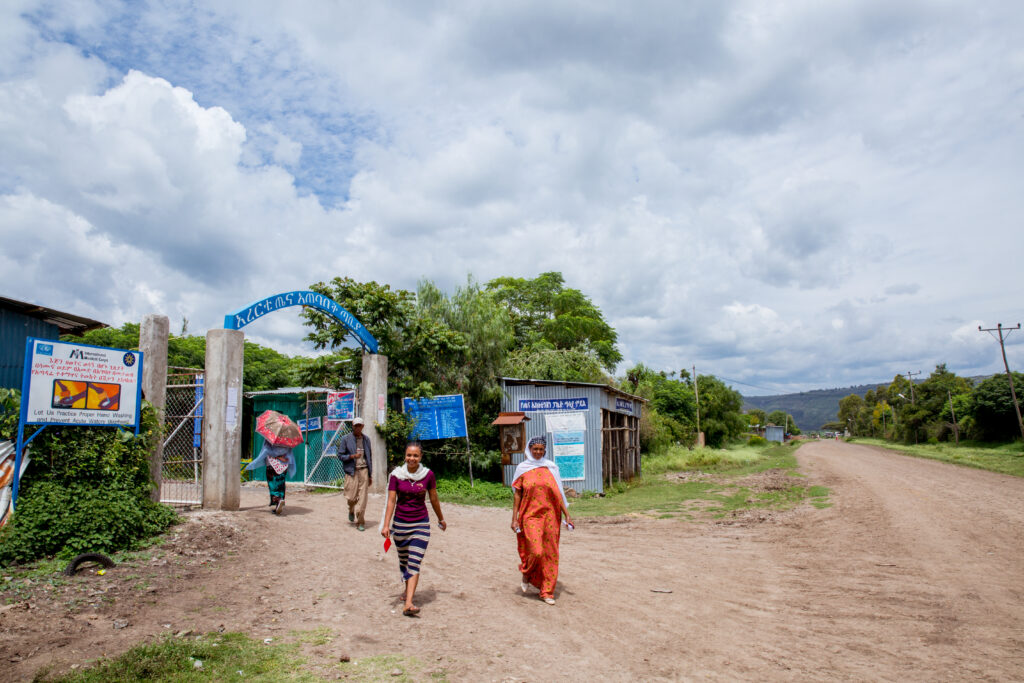
One group in particular, Family Watch International, an anti-rights lobbying group based in the US with an office in Addis Ababa in Ethiopia, is working to increase its presence in the country. Its director in Africa, Dr Seyoum Antonios, has used national media channels to call on the government publicly to follow the US and restrict the country’s abortion laws. The US Supreme Court decision has provided legitimacy to their ideas.
These actions are not unique to Ethiopia.
In Kenya, anti-abortion groups highlighted the overturning of Roe v Wade as a reason to appeal a 2022 constitutional court decision expanding abortion access. And in Lagos state, Nigeria, the policy guidelines on abortion care for life-threatening health conditions were suspended, less than a month after Roe v Wade was overturned.
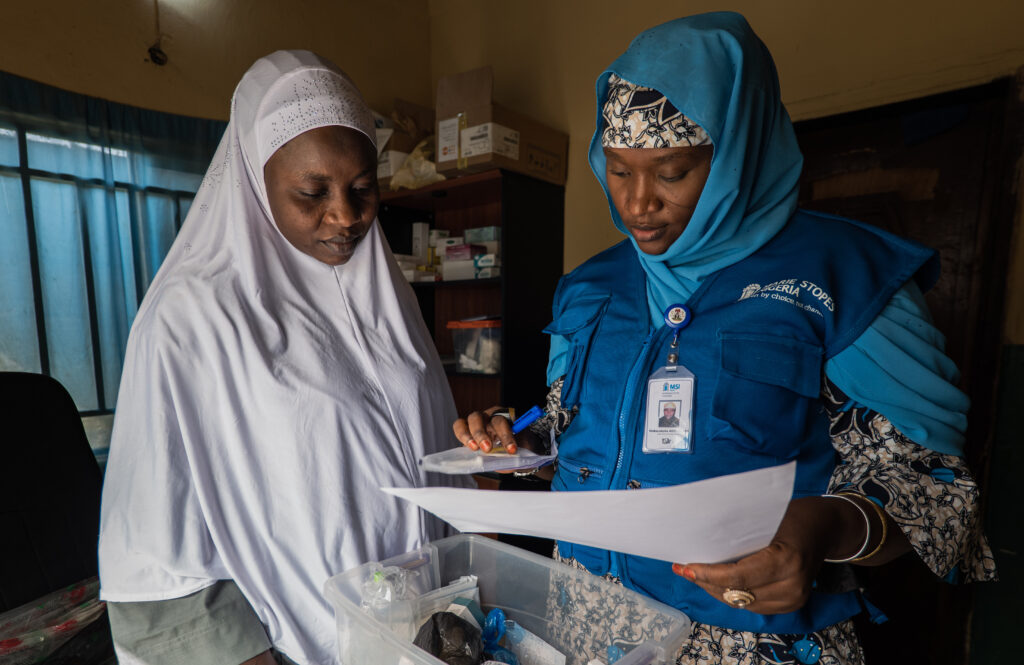
Whilst law changes can take years to achieve, what is really worrying is the work that these groups are doing to tap into the stigma of abortion.
At MSI, we have seen these effects of Roe v Wade being overturned firsthand.
In Ethiopia, our team members regularly see a car outside clinics in Addis Ababa with a sign on its bumper calling for the end to abortion. 40 Days for Life, a US-based anti-rights group, has publicly listed our clinics in the Democratic Republic of Congo as targets for their harassment of women attending the centres. And in Kenya, we frequently encounter ‘mystery clients’ who attempt to deceive our providers into offering care against the guidelines of the country so that they can report them to the police.
Once these groups have created shame around accessing sexual and reproductive healthcare and it has infiltrated communities around the world, it is so difficult to undo.
A momentous year
The presidential election in November 2024 has created a resurgence of activity to restrict abortion. Since Trump has been re-elected, it has had a detrimental effect on the rights of women in the US and the rights of women all around the world, as anti-rights lobbyists are boosted by the electoral win.
We must learn from the overturning of Roe v Wade. Reproductive rights take years of work to achieve but they can be lost overnight.
We can never be complacent and we’ll keep fighting for reproductive rights around the world. We will not let anti-rights groups gain control. Abortion is essential healthcare, and everyone should have access to the sexual and reproductive healthcare that they choose, wherever they are in the world.
At MSI, we choose choice. And we will never stop.
Learn more about how you can #ProtectChoice today.
